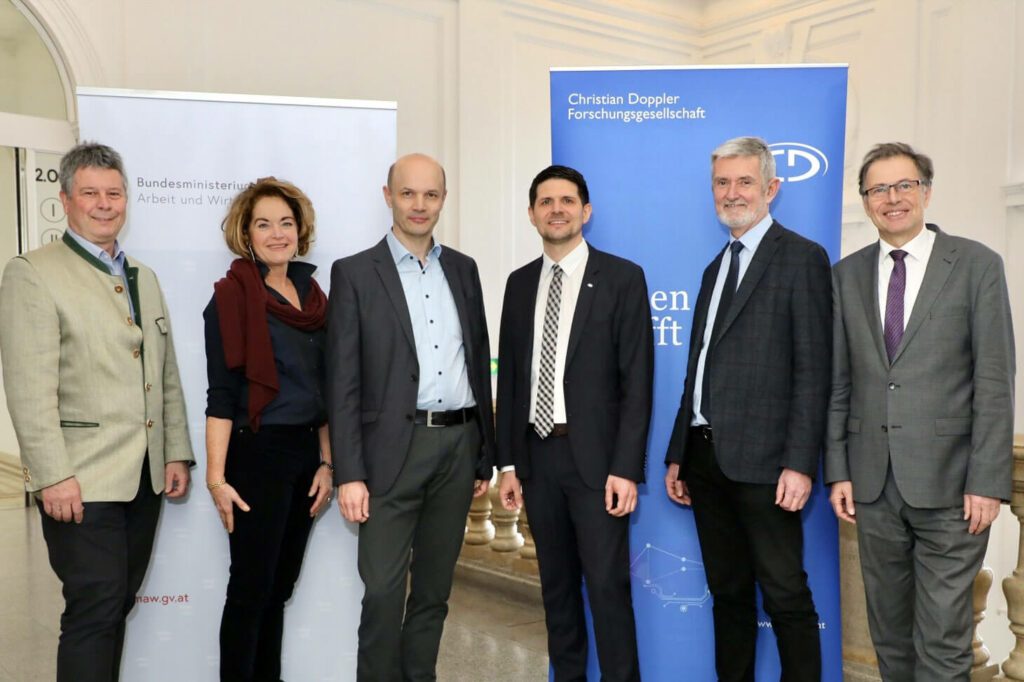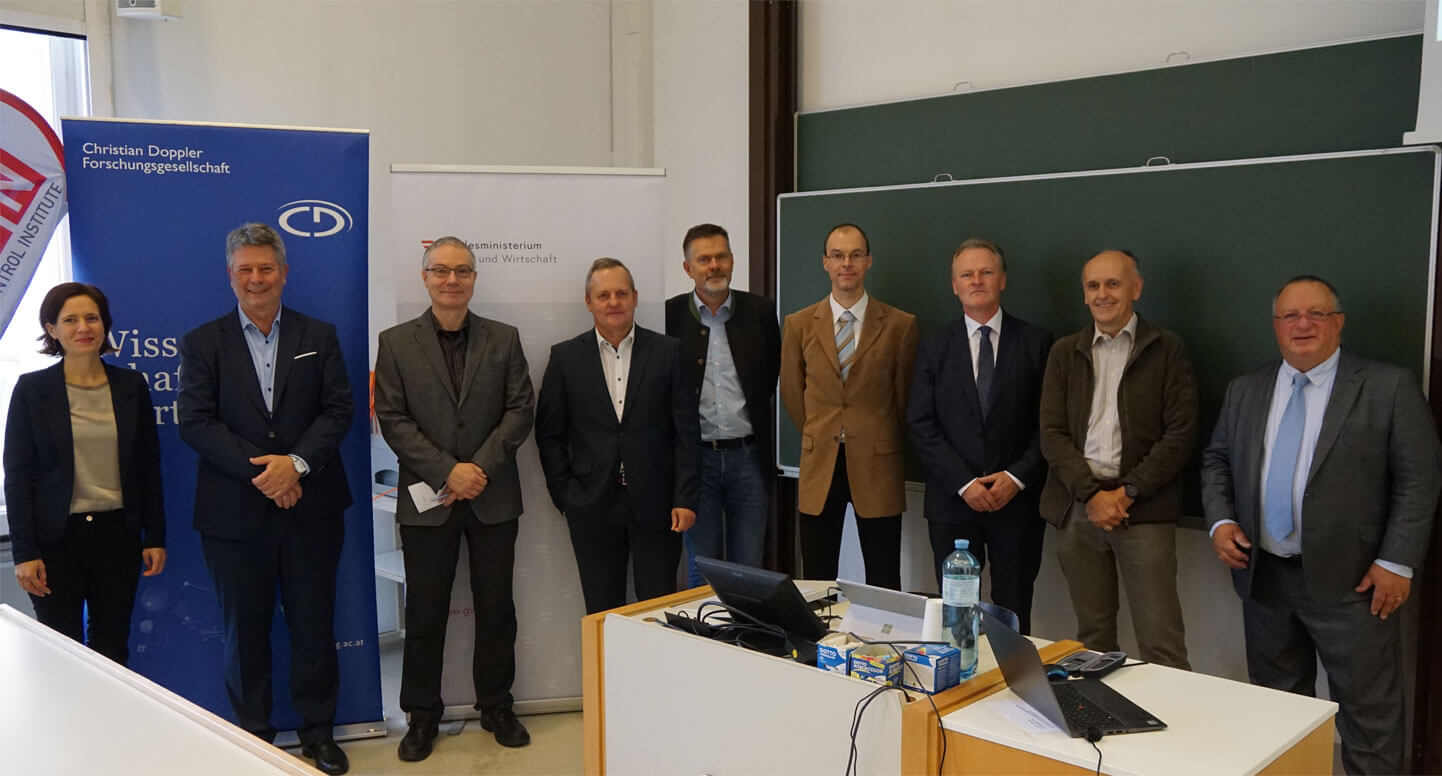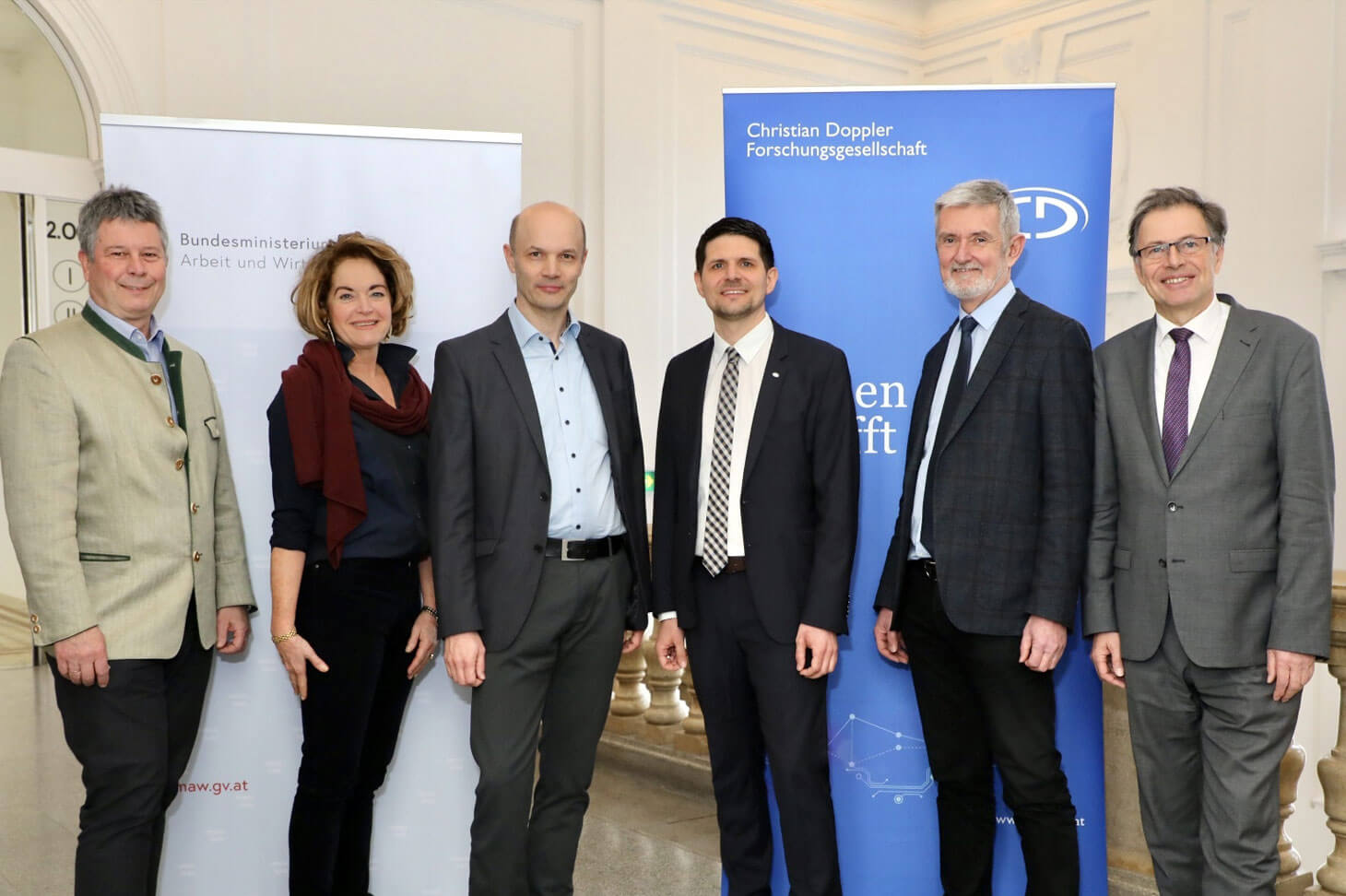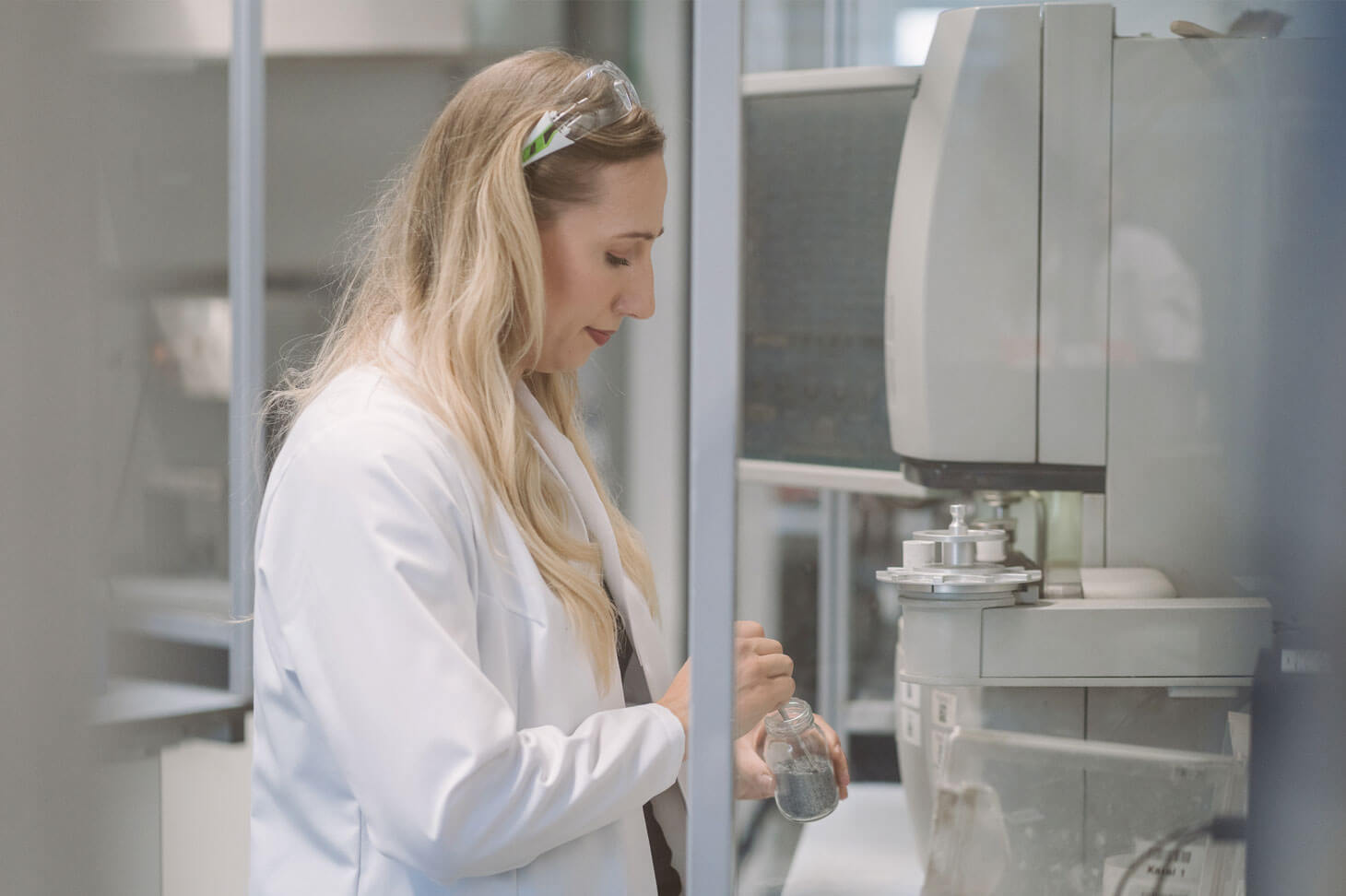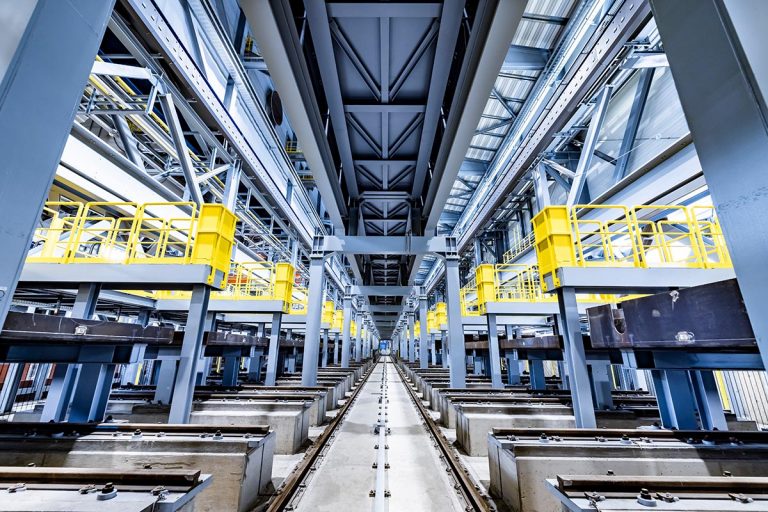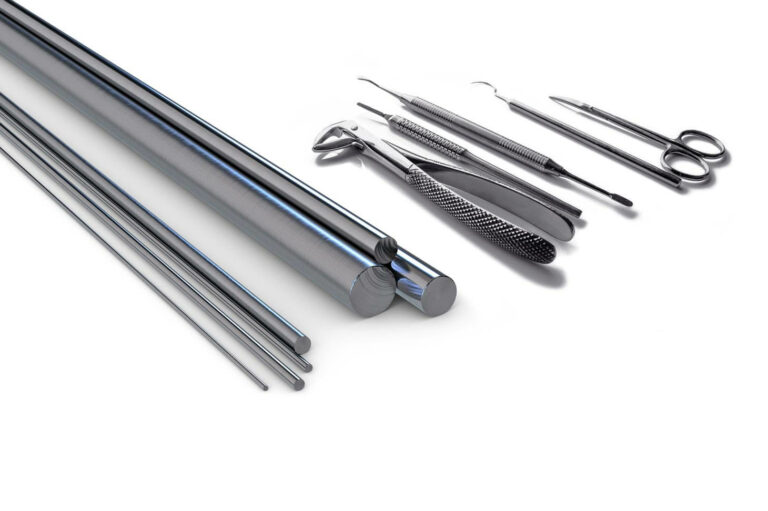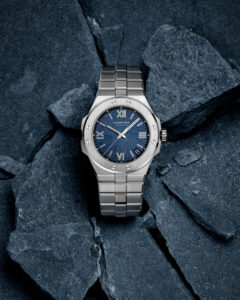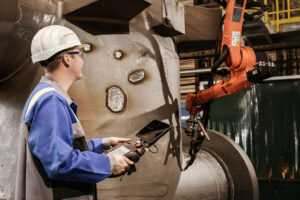New Josef Ressel Center complements our research portfolio
We are further strengthening our proven partnership with the Christian Doppler Research Association: as a corporate partner of the Josef Ressel Center for Time Series Based Error Prediction and Avoidance at FH JOANNEUM Kapfenberg, which opens on 31 January 2024.
- 22 Feb, 2023
